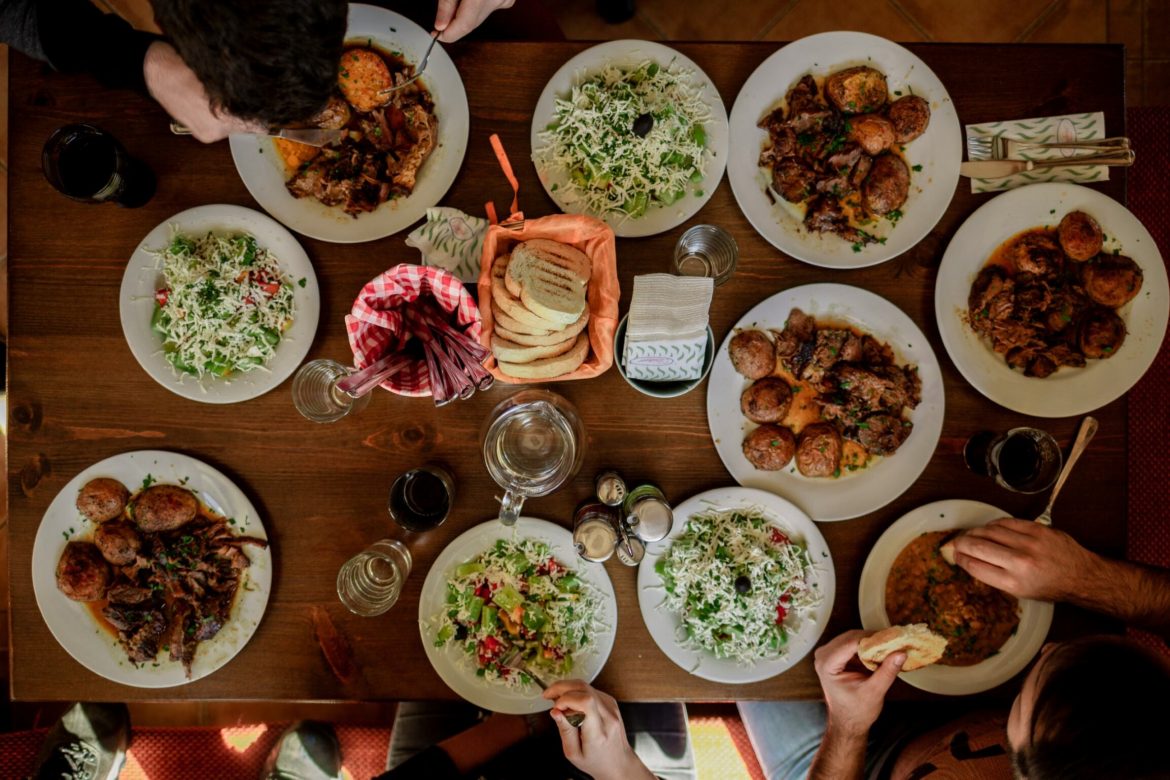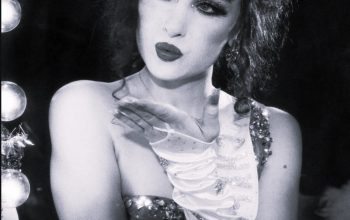Photo Credit: Stefan Vladimirov
A reflection on love and aging
Jackson W. Ranger, Features Editor
The gods are fallen and safety is gone. And there is one sure thing about the fall of gods: they do not fall a little; they crash and shatter or sink deeply into green muck. It is a tedious job to build them up again; they never quite shine. And the child’s world is never quite whole again. It is an aching kind of growing. — John Steinbeck, East of Eden
My mother’s hair is gray. She tried to deny it for a time, shifting through a spectrum of murky brown dyes until she found the one that fit.
I was little then: jammed into an awkward, ill-fitting adolescent body that yearned for things it could not have and shunned the security and assurance of childhood. I wanted nothing more than to be a grown man, to shed the unsightly acne that dotted my shifting teenaged face and strike out into a world that seemed to teem with brilliant opportunities and fascinating people.
I found much of what I searched for in the course of my university years. My boyhood awkwardness is gone. I have seen and tasted a great swathe of the world. Steinbeck’s gods fell for me some time ago.
It is the aftershock of the impact — the miasma that rises from the crater and thwarts every attempt to raise again the pedestal on which the gods once sat — that troubles me now. I would like to think that I am not alone in this.
My mother’s hair is gray; she no longer denies it. Why should she? There is no shame in age. Quite the opposite, really. She is a brilliant and endlessly energetic woman: a mother any son would be proud to claim.
But, as her child, it is confirmation of the terrifying truth that time moves forward for us all; no one is frozen in amber, perfectly preserved from age and shielded from inevitable death.
The holidays emphasize that reality more acutely than any other time of the year. Depictions of Christmas are quintessentially portraits of childhood: presents under the tree, cookies and milk left out for St. Nick, stockings hanging over a roaring fire, and children gathered around the hearth.
As a young man with a life entirely apart from my sleepy, boyhood Massachusetts hamlet, returning to my first and most formative home is a pilgrimage. Each time I traverse the windy shoreline, I discover it anew. Amid the overawing darkness of the winter solstice, disturbed only by the distant stars and the glittering festive lights hanging in every window, returning home for the holidays is the journey’s most poignant iteration.
Each return is different from the last. I grow and change in the course of living. I am no longer who I was the last time a Christmas tree sat in my parents’ front window. Perhaps life will slow down someday; maybe one is never quite done becoming him or herself.
My father often greets me at the airport, silent in his humming sedan. Sometimes we speak; most often he absorbs whatever is on my mind with a few well-placed interventions. He is a quiet and introspective man — deep in thought and feeling. One might take that silence for aloofness; one would be wrong.
He carried me between his legs while he taught me to ski many years ago. His knees are no longer quite so spry, nor me so light.
There is a moment that passes unnoticed between older siblings and their youngest brother — a transformation which reveals itself long after it occurs.
First, one is an object of fascination to their older counterparts, two sisters in my case. They relate to the youngest as a peculiar sort of stuffed animal, maybe even a pet. One day, that funny little person with over-large ears and wide eyes becomes a locus of adolescent angst: the little brother intruding on whatever it is teenage girls are wont to do.
Time passes and, for a middle-class family like mine, the sisters each go off to university. The youngest brother is left to his own devices. Off on their own journeys of becoming, the sisters return as reinvented versions of themselves each time he sees them. It is a confusing process and an alienating one.
A gulf forms that can only be bridged by time and slow, painful growth.
The gap narrows without one noticing — growing smaller with the passing of years. One day, the little brother suddenly turns around and realizes that he is a man. His older sisters — once alien creatures beyond his ability to comprehend — become his peers and, in truth, the closest friends he is ever likely to have. The three are subjects now in their own right, each an individual with a free will and a unique imagination. New characters enter the show; some even stay for the sequels.
The relation is new, different from what it once was and far more intricate. It falls to them to forge something out of bonds gifted to them by blood.
The dinner table is the grand focal point of the journey: the place at which three generations gather to celebrate ties of kinship and abiding love. Time separates each of them. How often does one speak with one’s cousins who lag them in age and live far away? Few would claim not to love their family, but how many truly know them? Who knows their hopes, ambitions, and dreams — realized, dashed, or yet to be tested?
The gods who gather around that table fall harder than most. For those lucky enough to have grandparents through their formative years, the realization of life’s brevity and the inevitability of decline blazes suddenly and furiously when at last it surges upon them.
“They were once me,” I think to myself. My grandfather sat at his father’s table beside his own grandparents and understood them as his household gods. Of course, in the end, they fell as all gods do. Now, I am him. My grandchildren — if I am so blessed to see some of my own — will, in this way, become me.
The Marxist psychoanalyst Erich Fromm argued in The Art of Loving that love between humans in all its variations is an action verb: it is something that one does, that they commit to and pour out their essential energies to nurture. That choice is a conscious one. It is a promise made of one’s own free will.
When one stumbles upon the realization that they are an individual in their own right, this question is laid before them whether they know it or not: to love or not to love. In East of Eden, Steinbeck encapsulates the quandary of free will in the Hebrew word timshel — “thou mayest.” The word’s beauty lies in its double meaning: if “thou mayest,” then, necessarily, “thou mayest not.”
My answer never eluded me. I am lucky in that, I know; not all are so fortunate. But the ease with which I answered belied the difficulty of maintaining the promise: to bend my vital energies — my devotion and passion — toward the benefit of those I love.
I am a poor Catholic; I have known much of earthly temptation. To one such as I, imbued with the strength of youth and the blessing of decent health, transient desires feed on a nearly endless wellspring of energy. Abstract promises of dutiful love struggle against the immediacy of short-lived satisfaction.
There is no end to that battle.
My mother’s hair is gray; mine will be, too, one day.
One can only hope that, when greeted with the question of timshel, their progeny might choose love.
I have; I hope mine do.




